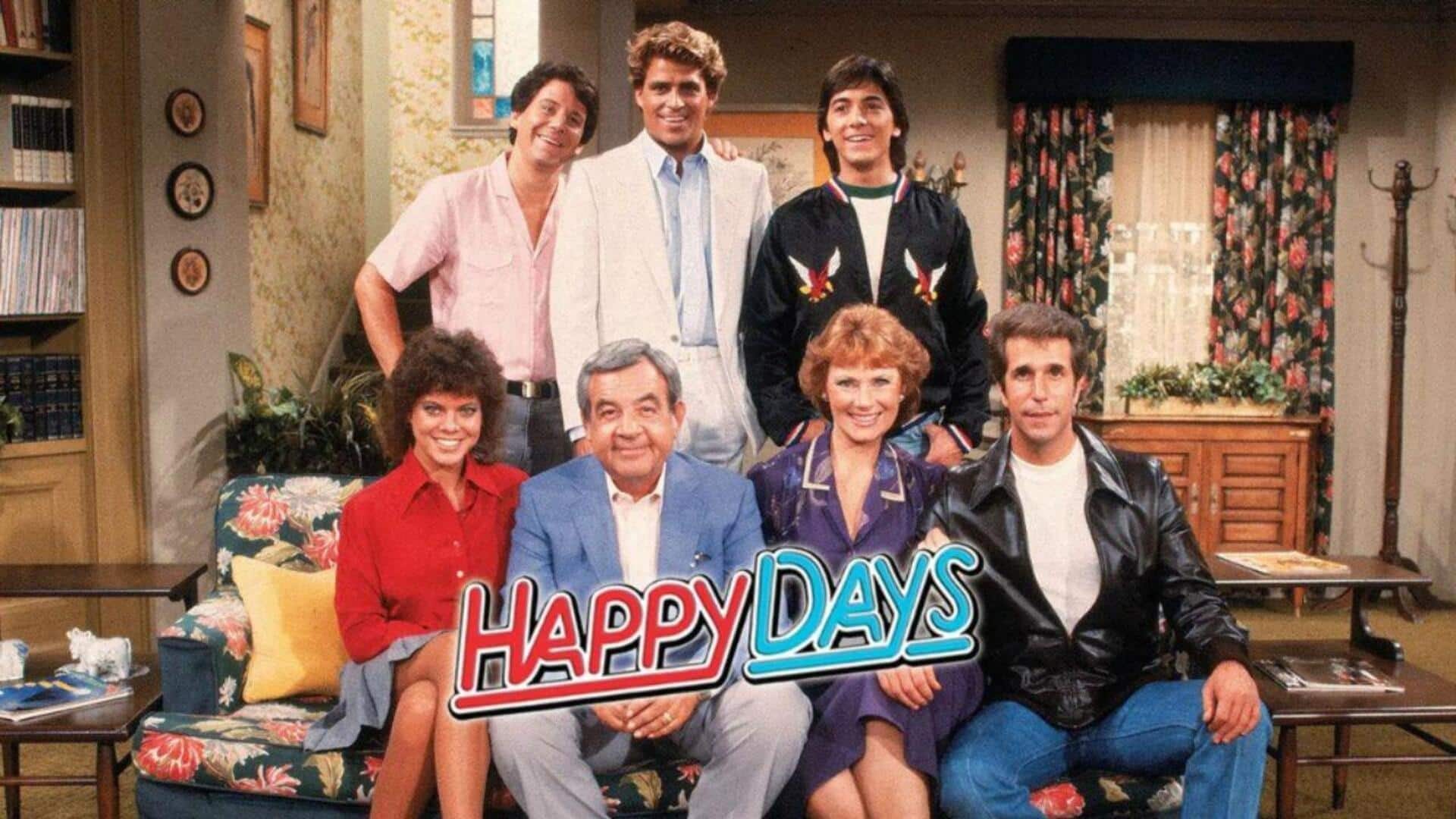
How 'Happy Days' brought 1950s America back to life
What's the story
The television show Happy Days became a cultural phenomenon in the 1970s, capturing the post-war American optimism. Set in the 50s, it depicted a time when life appeared to be simpler, more hopeful. The series struck a chord with audiences by emphasizing themes of family, friendship, and community. Through its characters and storylines, Happy Days provided viewers a nostalgic glimpse into an era defined by economic growth and social change.
Family dynamics
The All-American Family
The Cunningham family was the quintessential American family of the post-war era. With Howard being the hardworking father, Marion the nurturing mother, Richie the all-American boy next door, and Joanie his spunky sister, the family personified traditional values. This image of a picture-perfect family instilled a feeling of stability and togetherness that many Americans desired amid the rapid societal shifts.
Bonds of friendship
Friendship at its core
Friendship was at the heart of Happy Days, especially through Richie's bond with Fonzie. Their relationship exemplified loyalty and support in the face of life's obstacles. Fonzie's character developed from a bad boy loner to an important member of Richie's group. This journey emphasized how friendships could overcome differences and promote acceptance in communities.
Simpler era
Nostalgia for simpler times
Set against a backdrop reminiscent of diners, drive-ins, and sock hops, Happy Days evoked nostalgia for simpler times when leisure activities were uncomplicated yet fulfilling. The show captured moments like cruising down Main Street or enjoying milkshakes at Arnold's Drive-In. These activities symbolized carefree youthfulness. At the same time, they reflected a broader societal optimism about progress, without losing touch with cherished traditions.
Economic growth
Economic prosperity reflected
The economic prosperity enjoyed by so many American families at the time was quietly depicted in Happy Days. The characters often spoke about what they wanted to do in the future, whether it was going to college or finding a job. This story was a testament to the increasing financial security of middle-class homes in America after World War II ended, an era of hope and opportunities.
Balancing tradition
Embracing change while preserving values
While embracing modernity through technological advancements like television sets and automobiles, Happy Days also emphasized preserving core values rooted in tradition. The show highlighted the importance of respecting elders's wisdom while seamlessly adapting new ideas into everyday life. It demonstrated how society could navigate change without losing sight of what truly mattered—love for one another. The show celebrated close-knit communities where everyone looked out for each other, whether they were blood-related or not.